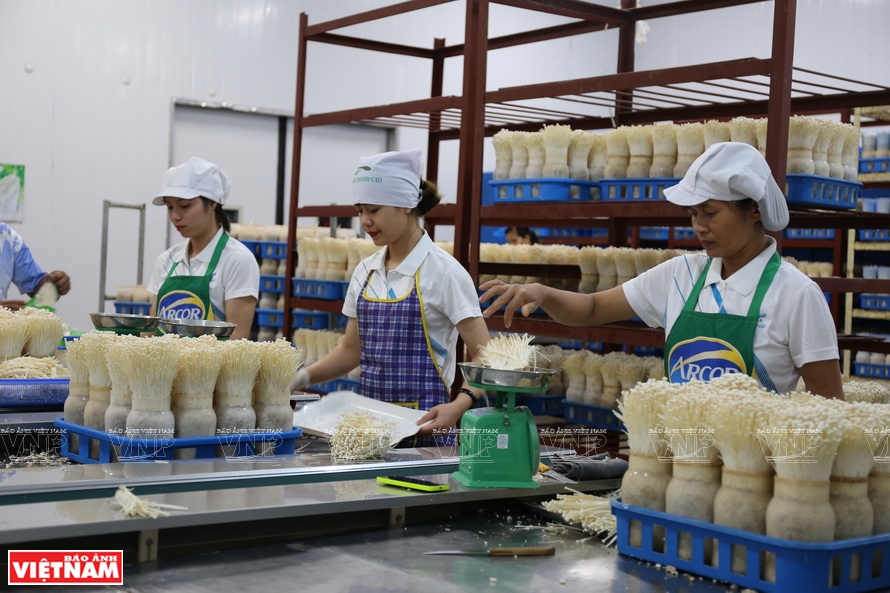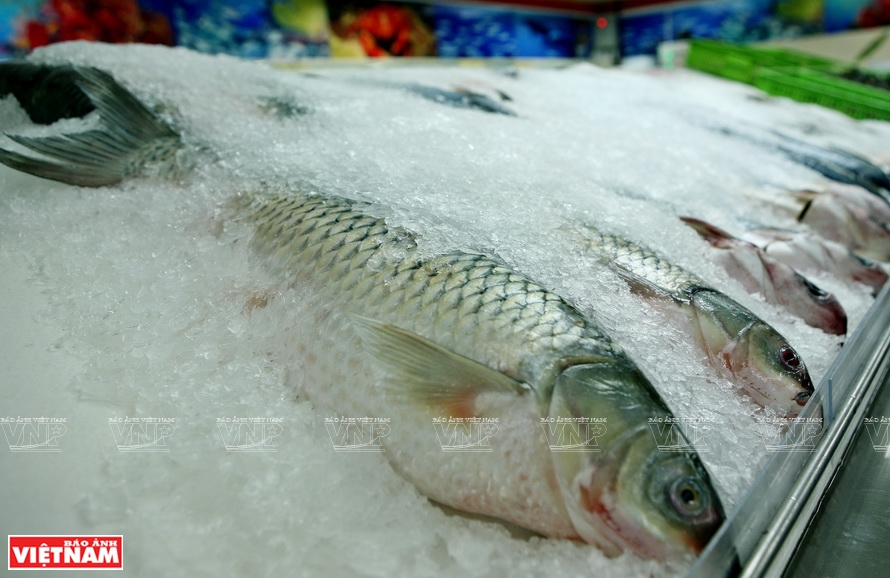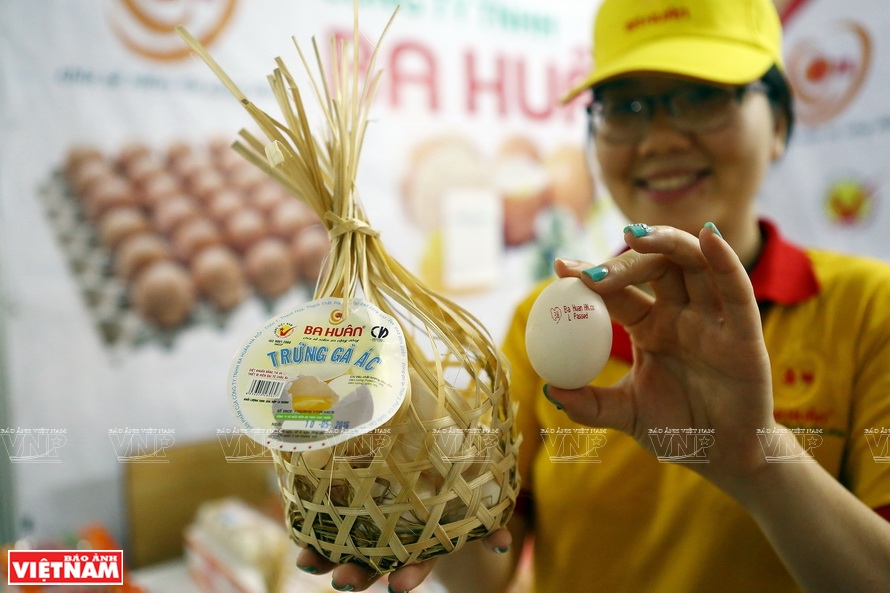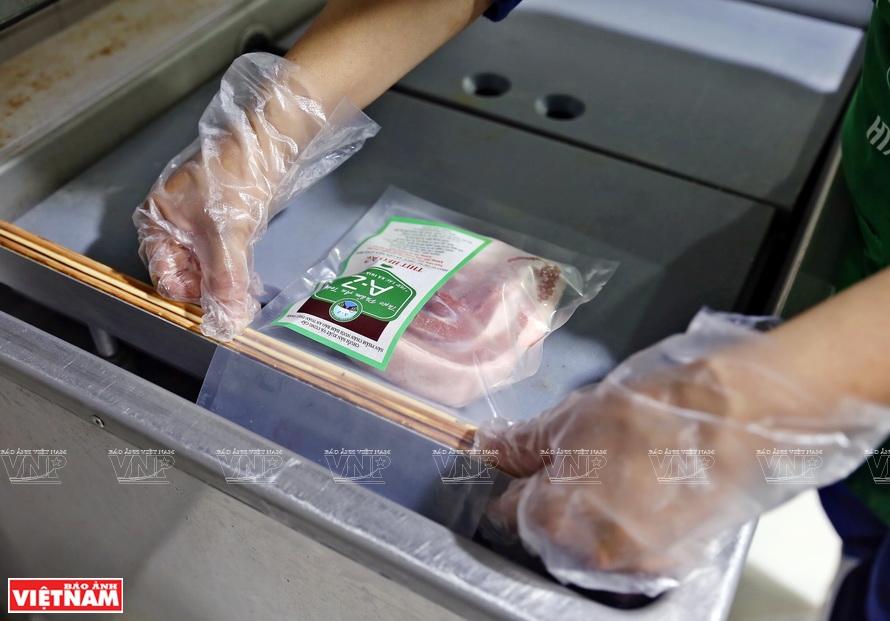Hanoi's agricultural sector is focusing on developing a process industry for agricultural products associated with raw materials areas and markets.
Agricultural processing is an important link in the value chain of production, processing, and consumption. In recent years, the agro-processing industry of Hanoi has made remarkable progress. Currently, Hanoi has 2,689 agricultural, forestry, and aquatic production establishments. The 400 establishments that operate in the processing sector provide large amounts of processed food to consumers every day.
Along with the investment in high processing technology, the agricultural producing enterprises in Hanoi have changed the perception of food safety management and supervision in the entire process. Currently, the agro-processing industry has created jobs for thousands of workers in rural areas, making a significant contribution to the restructuring of Hanoi's agricultural sector.

The entire production and packaging process is done by
Thanh Cao Kinoko Import Export Company Ltd using Japanese technology. Photo: VNP


 Hanoi has many food processing facilities that meet food safety requirements. Photo: VNP
Hanoi has many food processing facilities that meet food safety requirements. Photo: VNP
|
To improve the value of agricultural products and solve the problem of agricultural product stagnation in the harvest season, Hanoi has implemented solutions to enhance the application of science and technology in producing, processing, and tracing the origin of agricultural products, aiming to become one of the agricultural product processing centers, serving the domestic market as well as international ones.
Soon, Hanoi will restructure the agricultural processing industry in association with the development of concentrated raw material areas, as well as product consumption based on the restructuring of livestock and plants. Enterprises need to create links in the value chain of production, processing and consumption to improve the capacity of supplying raw materials for the processing and ensuring sufficient quantity, quality, and stability of goods. By overseeing the production, harvest, and preservation process, authorities can select top enterprises with sufficient capacity of capital, science, and technology to lead the value chain.
From those achievements, by 2025, Hanoi would like to have 50% of establishments that use modern machinery and equipment to process vegetables, fruit, meat, eggs, and milk. By 2030, the capital of Vietnam will establish 15 agricultural processing zones associated with the value chain, applying modern technology to meet domestic and international market demands; as well as to develop a processing-preservation and one-stop inspection complex for exporting products./.
“In the future, Hanoi will continue to develop agriculture associated with commodity production and intensive farming. In particular, agricultural processing has to be applied using high technology, mechanization and automation to ensure food hygiene and safety".
Director of the Department of Agriculture and Rural Development Chu Phu My
|
By VNP Translated by Hong Hanh